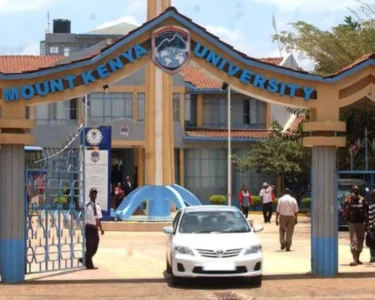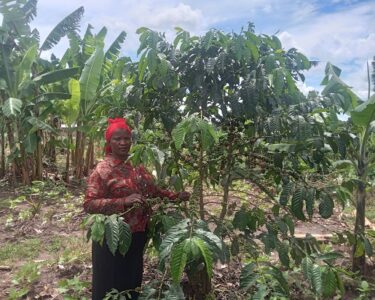By Our Reporter
Airtel Africa and Vodacom Group have entered into a landmark network-sharing agreement covering Mozambique, Tanzania, and the Democratic Republic of Congo (DRC), pending regulatory approval.
The collaboration is designed to accelerate the rollout of digital services by allowing the two telecom giants to share fibre networks and tower infrastructure — a move expected to significantly cut costs while improving coverage and service quality in these critical African markets.
Vodacom Group CEO, Shameel Joosub, hailed the agreement as a bold step toward building a sustainable and inclusive digital ecosystem for Africa. “Our partnership with Airtel Africa is a proactive step forward in creating a sustainable, inclusive, and connected digital future for the continent,” he said, adding that the companies’ commitment to infrastructure sharing will help provide cost-effective services to more people, faster. Their shared ambition is to connect 260 million customers by 2030.
While Africa has made major strides in digital adoption, many regions remain underserved. Millions still struggle with patchy coverage, unreliable connections, and slow internet speeds. In some rural parts of Kenya, for instance, communities face frequent outages and are forced to climb trees or travel long distances just to find a signal.
The stakes are high. Research by the World Bank shows that a 10 percent increase in mobile internet usage can generate a 2.5 percent rise in GDP, underlining the enormous economic potential of better connectivity.
Airtel Africa CEO, Sunil Taldar, emphasized the transformative impact of the deal, noting that expanded fibre connectivity will be crucial for supporting next-generation technologies like 4G and 5G. “Working with Vodacom, we will open greater access to digital and financial opportunities which will transform the lives of our customers,” he said.
According to Taldar, the agreement will not only improve network performance but also extend coverage across underserved areas, enabling the two companies to scale up mobile, fixed, and financial services across a wider footprint on the continent.






